Current projects
GRK 2193
This project investigates the interaction of explicit and tacit knowledge in manufacturing and logistics, and the impact it has on adaptability of factories in the the shift to smart maintenance.
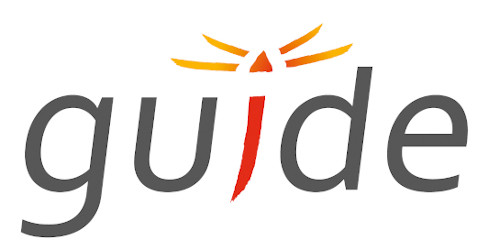
GUIDE
The project responds to the risk of permanently excluding people from the labour market due to physical or mental diseases. GUIDE aims to support people with lasting health restrictions to improve their health and well-being and helps them to eventually (re)participate in working life.
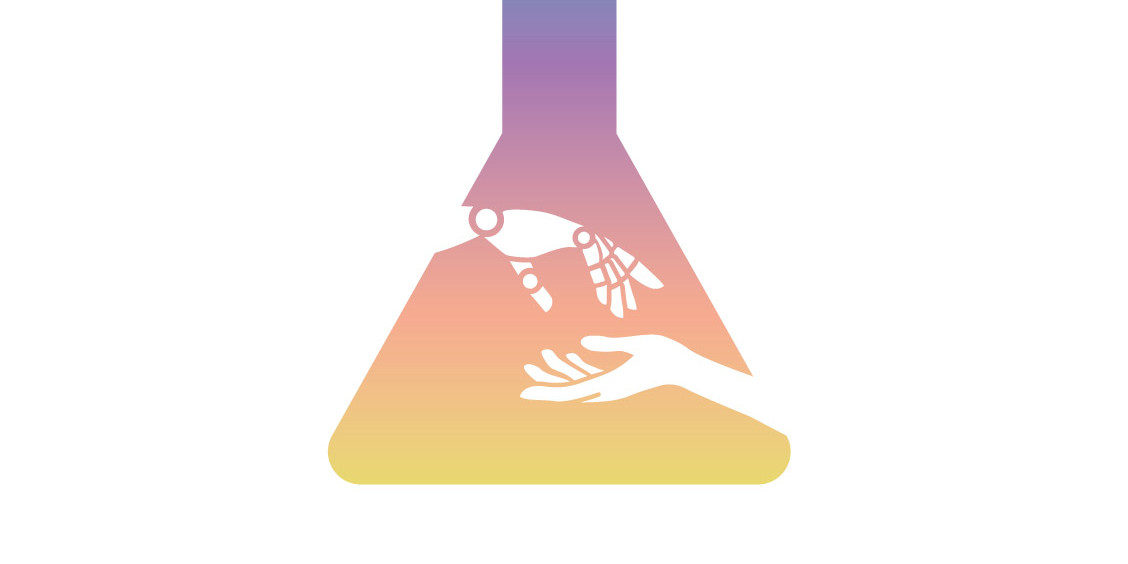
IncluScience
IncluScience is a citizen science project that works with people with visual, hearing and mobility impairments as well as cognitive impairments at eye level to co-create the Wheelmap (a free online map with information on the accessibility of places) and expand it to include certain types of places (verticals). Furthermore, the project will develop inclusive participatory methods for inclusive citizen science and bundle them in a citizen science toolbox.
Working - the way I want to!
Empowerment for people with disabilities from the determination of needs to equal, self-determined participation in working life.
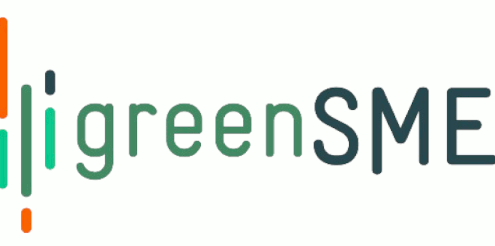
greenSME
In the greenSME project, a comprehensive strategy for the sustainability of small and medium-sized enterprises in the manufacturing industry is being developed. First and foremost, SMEs are concretely supported in adopting technologies ("Advanced Technologies") to become more environmentally sustainable climate neutral, to remain competitive and to maximise the benefits for all parts of society.
UbiTrans
The UbiTrans project aims to support citizens in dealing with web-based content and to enable them to make self-determined, effective and informed decisions regarding privacy and the information they consume. The research area Sociology of Technology is working on the sub-project "User types and their practices of dealing with web-based content".
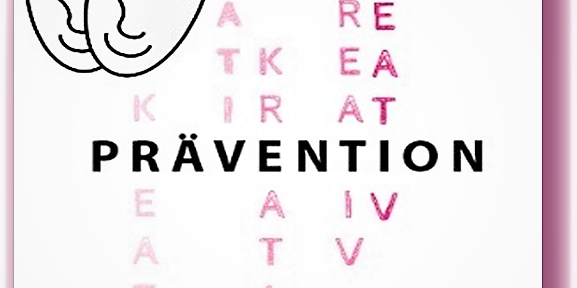
Prävention Kreativ!
In the project "Prävention Kreativ!" (Creative Prevention), innovative health-promoting offers and measures are developed that strengthen the resilience of residents in inpatient care in a comprehensive approach and thus contribute to the resident-centred prevention of violence and addiction problems.
EVE4all
Validation of the innovation potential of the Easy Reading Framework for the improvement of digital participation in cooperation with the department of rehabilitation technology (TU Dortmund University)
DIONA
The DIONA research project pursues the goal of using a multidisciplinary approach to develop a digital hub for the circular economy for stakeholders from science, business, associations, social partners and committees, and thus to enable SMEs in particular to participate in circular value creation.
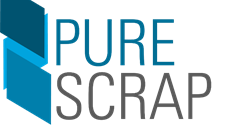
PURESCRAP
The objective of the project PURESCRAP is to increase the use of low-quality scrap grades (post-consumer scrap) by deploying and applying best available technologies to reduce impurities. This is achieved through novel sensor combinations and analysis supported by artificial intelligence. The Social Research Centre – as member of the Clean Steel Partnership - will analyse the social impact of the technologies developed in PURESCRAP and correlated training/ upskilling demands.
BRIDGES 5.0
“BRIDGES 5.0 - Bridging Risks to an Inclusive Digital and Green Future by Enhancing workforce Skills for industry 5.0” follows the goal of an inclusive digital and green future by enhancing workforce skills for Industry 5.0. To achieve this ambition, the project – coordinated by TNO / Netherlands – will quantitatively map how jobs are transforming and what new green and digital jobs are emerging in Industry 4.0, and qualitatively understand Industry 5.0 requirements (human- and socio-centric, sustainable and resilience) for these jobs and company practices. It will also map Industry 5.0 skills and skill gaps, set up corresponding training pathways, and engage industry and related stakeholders through a web platform.
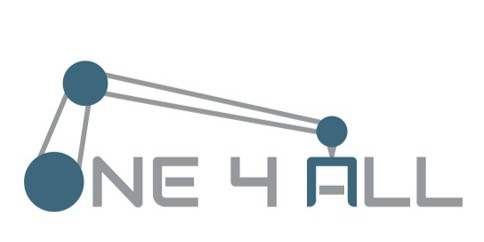
One4All
ONE4ALL aims to boost manufacturing plants’ transformation, especially SMEs, towards industry 5.0 (I5.0), reinforcing their resilience under unexpected changes in social needs. It is done through a human-and-sustainability-centred development of plug-and-produce reconfigurable cyber-physical production modules (RCPMs).
CHESS
Complex societal challenges can only effectively be addressed by social innovators if they are connected with other actors from the wider innovation ecosystem. This kind of interconnection needs dedicated support and well-designed activities - breaking silos and creating an effective support ecosystem will not happen on its own.
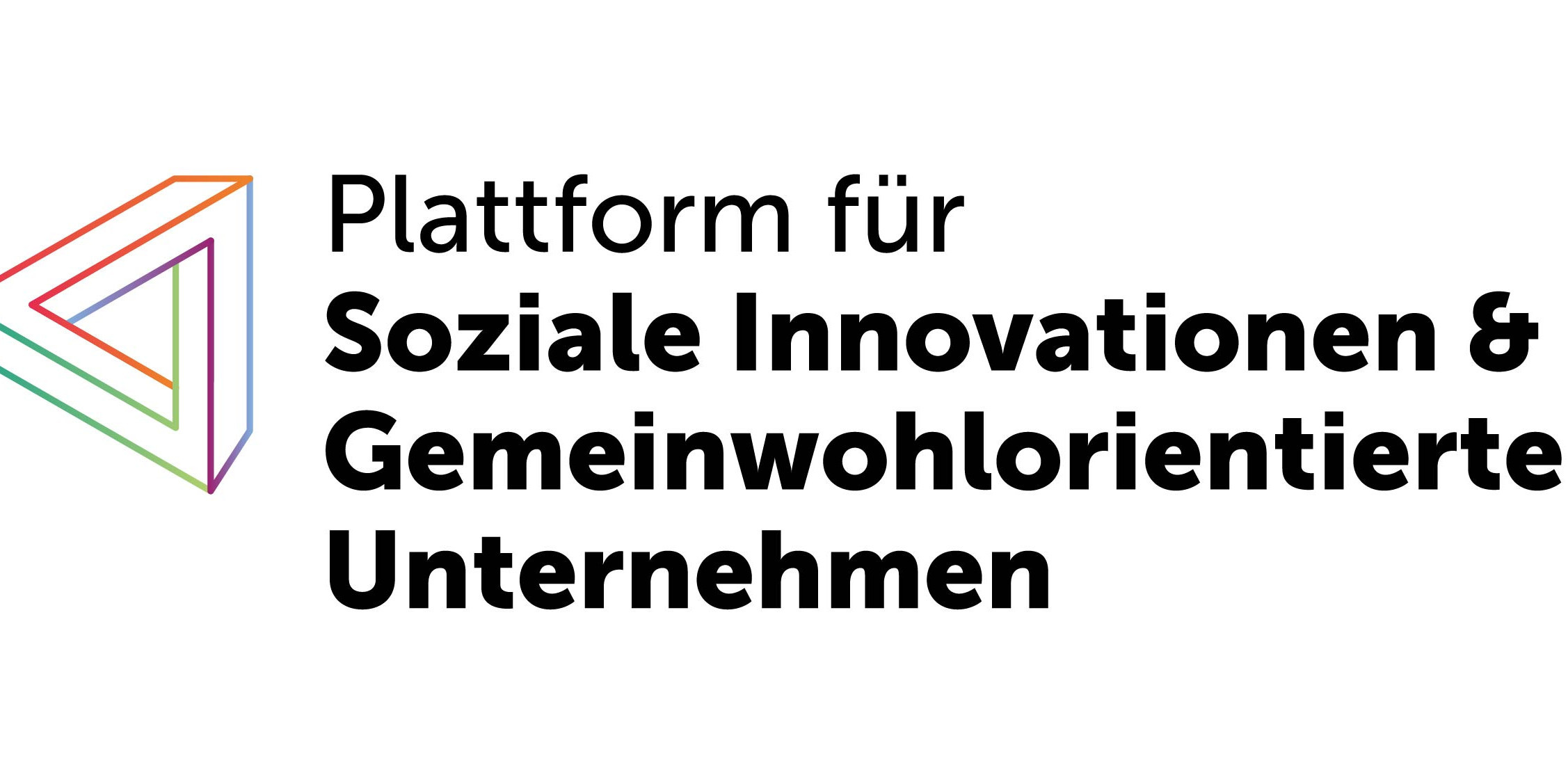
Platform for Social Innovations
The platform will be a contact point for all actors in the German social innovation ecosystem. Information will be provided on current topics from research and practice, seminars, workshops and events will be held and networks will be created.
DepriBuddy - Design Thinking-based modelling of mediatised proximity and app development for a self-help network
Within the DepriBuddy project, an interdisciplinary network with perspectives from sociology, psychology and media studies is conducting application-oriented research into the media-supported creation, maintenance and expansion of social ties and closeness.
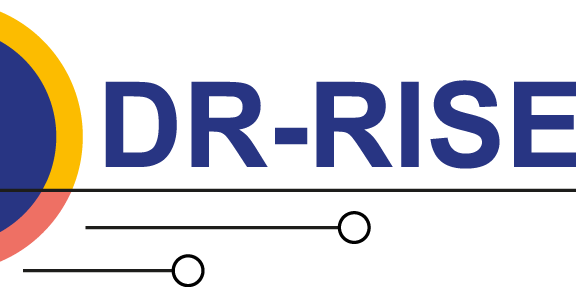
DR-RISE
Due to the current energy crisis, the EU is reaching a critical point in the energy transition with the Clean Energy Package. Residential demand response (DR) is a promising framework whose potential is completely untapped nowadays. DR-RISE's main objective is to demonstrate the benefits of DR in the residential sector, not only for the end-consumers but for the overall energy system and the actors involved.
The world of work in the Dortmund region in transformation: Dynamics and perspectives in fields of low-skilled work
The study analyses the significance and prospects of low-skilled work in the Dortmund region and addresses the changes in this segment in the structural transformation of the world of work.
EngageSDGs
EngageSDGs is aimed at universities in South Africa, Mauritius and Zambia. This project aims to develop the capacities of the so-called SADC (Southern African Development Community) universities with regard to achieving the Sustainable Development Goals. Together with a total of five EU higher education institutions and two associations (SARUA and OBREAL Global), participatory approaches are used to produce knowledge in the SADC universities and to expand the potential of innovative relationships between them and the community in which they are embedded in the implementation of the Sustainable Development Goals.
SmartVille
The SmartVille project focusses on strengthening rural areas in Namibia and Zambia. By developing entrepreneurship training courses and establishing Living Labs in an interdisciplinary network with universities from Finland, Namibia, Zambia and Germany over a period of two years, formal and informal educational opportunities in these regions will be expanded.
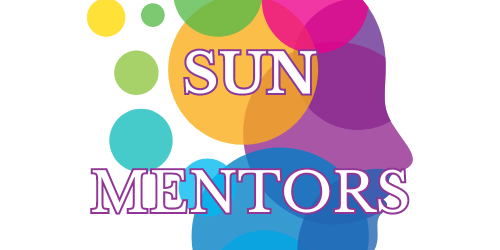
SUNMENTORS
Mental ill-health among students at higher education institutions is a growing challenge throughout Europe. Lecturers, on the other hand, are often not yet sufficiently sensitised to this issue or are simply overwhelmed by it in their already demanding day-to-day work. Yet they often play a key role for the students concerned in successfully completing their studies.
With this in mind, SUNMENTORS aims to develop flexible training programmes for lecturers at universities and colleges in order to better support students experiencing mental health problems. In addition to the joint development of training modules, the participating European educational institutions will also engage in a fundamental dialogue on the design of inclusive learning environments with regard to mental health.
Furthermore, all participating universities and colleges will be motivated to develop holistic institutional strategies for more inclusive learning environments with regard to the mental health of their students.
IS2H4C
Existing heavily industrialized areas are currently incapable of adopting large-scale industrial symbioses in terms of shared technology/infrastructure use, waste integration, energy and material utilization, as well as expanding through
surrounding ecosystems in an inclusive manner for the society despite many of the EU's key strategic priorities in sustainable regional development. Within this context, IS2H4C proposes an ambitious and efficient innovation and action workplan to develop several solutions for the development of Hubs for Circularity (H4C) in diverse industrial areas of process industry surrounded by rural and/or urban settings in the Netherlands, Germany, Spain, and Turkey.
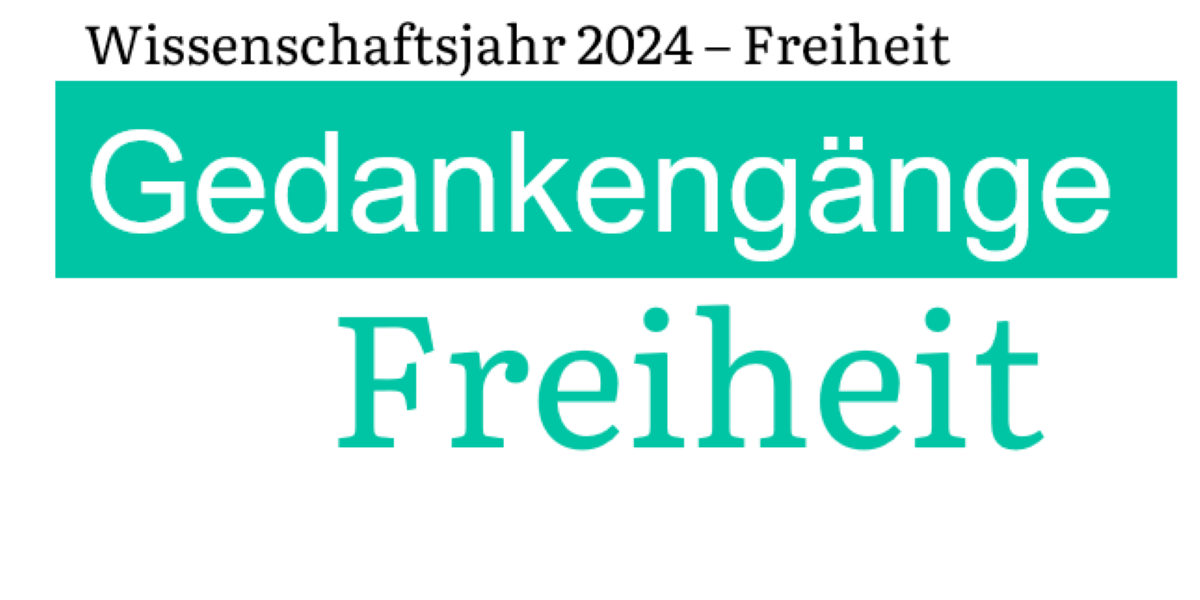
Gedankengänge - Together on the path to a liberal future in the Year of Science 2024
The research project "Gedankengänge (loosely translated as “trains of thought”)" is dedicated to the importance of remembrance and political education for our democracy, as well as the effects of technological and climatic change on our coexistence. Negotiating the freedom of tomorrow requires an open dialogue between science and society. TU Dortmund University aims to make its contribution to our future in freedom through its research and by involving society. Digital (Instagram) and local communication formats (“walkshops”) are used to address different target groups with high transformation potential.

Graduiertencluster „AUFBRUCH - Die Transformation in eine nachhaltige regionale Bioökonomie gestalten“
The AUFBRUCH graduate cluster aims to empower young people in their doctorates to help shape the transition to a sustainable bioeconomy. The central theme is a holistic understanding of sustainability in the region. To this end, AUFBRUCH brings together a consortium of seven academic institutions from a wide range of disciplines. In addition to excellent disciplinary training and interdisciplinary links, AUFBRUCH will place a strong focus on implementing the knowledge gained as start-ups in the Rhenish region.
In this context, the Social Research Centre Dortmund is investigating the changes in company networks required for the transformation process and the effects on the contemporary qualification structures of the sectors involved.




![[Translate to English:] [Translate to English:]](/storages/zentraler_bilderpool/_processed_/a/f/csm_Kontakt_b86e8d8ecc.png)
![[Translate to English:] [Translate to English:]](/storages/sfs-sowi/_processed_/6/c/csm_Glasfront_sfs_Header_eae6d325d3.jpg)